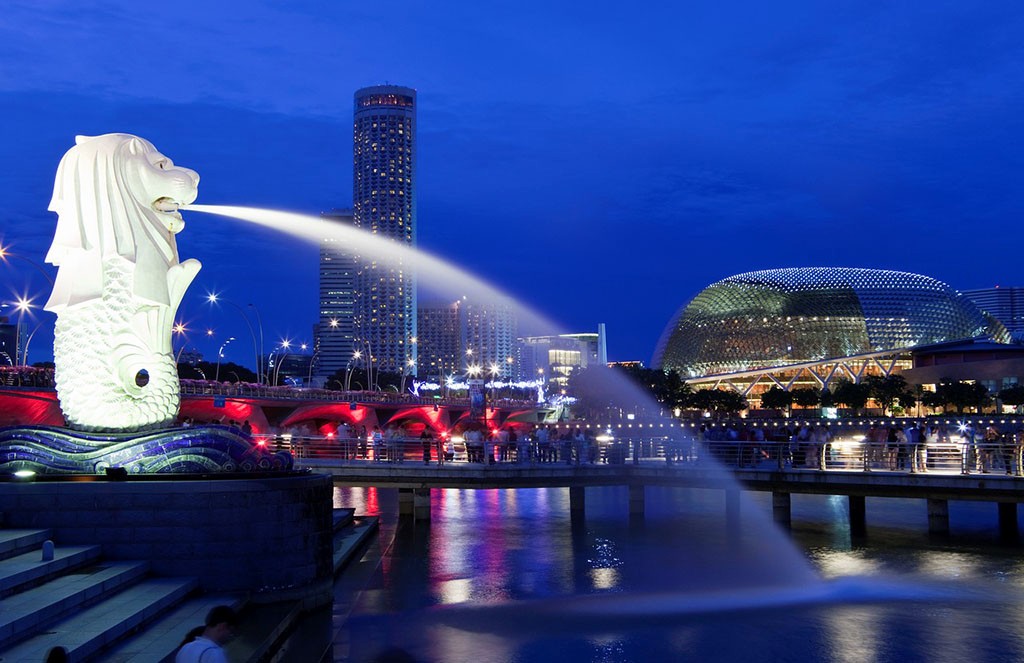
ASEAN hospital modernization is the main threat
Private health care providers need to be promoted by the government to help them cope with the decreasing number of medical tourists.
Experts and industry insiders pointed out that Singapore hospitals and ASEAN peers are highly competitive. As more and more Southeast Asian hospitals are modernized, the city is slowly losing its appeal as a medical tourism center.
For example, Indonesian medical providers are actively investing in new facilities and equipment, said Dr. Beng Teck Liang, Executive Director and CEO of Singapore Medical Group. This trend is one of the culprit behind the sharp decline in the number of medical tourism in Indonesia, exacerbating the impact on the weak Indonesian rupiah.
“This is certain. In the Indonesian and Vietnamese markets, we will see a gradual improvement in the medical sector, which will result in fewer patients travelling to Singapore,†Beng said.
Beng pointed out that in the past few years the hospital has seen a decline in the number of medical tourists, especially Indonesian tourists - although the demand for Vietnamese patients is still strong, Beng believes that the decline in the number of people is unlikely to be resolved in the near future.
“Indonesia medical institutions are actively investing in new facilities and equipment. I think they encourage patients to stay locally and are successful, especially the use of universal health care now,†he said.
Vicious competition
Beng pointed out that private hospitals need to cope with the huge changes in international patients. He stressed that in the early 1990s, Indonesian patients went to Singapore for the most basic medical procedures; now they only travel to Singapore in extremely complicated circumstances. As a result, medical tourism revenues have fallen by as much as 40% in some cases. Beng stressed that private hospitals need more government support in order to stay ahead of aggressive regional competitors.
“Actually we have talked with the Singapore Tourism Board many times how they can help us, but I think they are tied up and we want to talk to the Ministry of Health, but so far, this has been proven to have that The conversation is more challenging," he said.
Beng pointed out that the Singapore Tourism Board has tried its best to help private medical practitioners, but private medical institutions face competition from public hospitals, and regulators cannot do too much. Overseas patients are also critical to the profitability of public hospitals, and Beng estimates that it is impossible for government-owned hospitals to stop accepting foreign patients to the private sector.
“In the face of the dilemma, we hope to do something; the Singapore Tourism Board encourages the private sector to unite themselves, along with some of their support to develop medical tourism. But our point is, what are the main points? We will develop private sector medical tourism, but who Will it benefit? So, we really want to have a conversation with the government to get an accurate picture of what happened in their perspective," he said.
Another problem is that huge capacity from the public sector is about to enter the market. Public hospitals are actively expanding and employ a large number of foreign doctors, which will further strengthen private operators. “With this extra capacity, at some point, I think the government will realize that the only way to maintain these hospitals is to reopen medical tourism. So, we ask again: Why do we invest in development? We believe that in the future In three to five years, the government will go back and let us get together to promote Singaporean medicine."
Lawrence Patrick, chief executive of Johns Hopkins Singapore Medical Group, agrees. “I think the dilemma is that the government told the private sector for years: if you develop, they will become partners with us. But now, in a few years, they no longer need the capacity of the private sector, we will see the merger again,†He said.
Fruit powder is made from pure natural fruits, mainly fruit powder processed with natural fruits as raw materials using appropriate methods. We have two kinds of fruit powder, organic fruit powder and ordinary fruit powder.
The fruit powder uses pure natural fruit raw materials, and according to the final use needs and uses of the product, through a pure physical process, a concentrated and pure powder that does not change fruit nutrients is obtained. The products include blueberry powder, apple powder, orange powder, raspberry powder, pomegranate juice powder, etc., which are mainly used in the food industry, health care industry and other industries.
Fruit Extract,Fruit Juice Powder,Organic Fruit Powder,Fruit Powder
Amazy Organic Biotech Co.,Ltd , https://www.amazyorganic.com